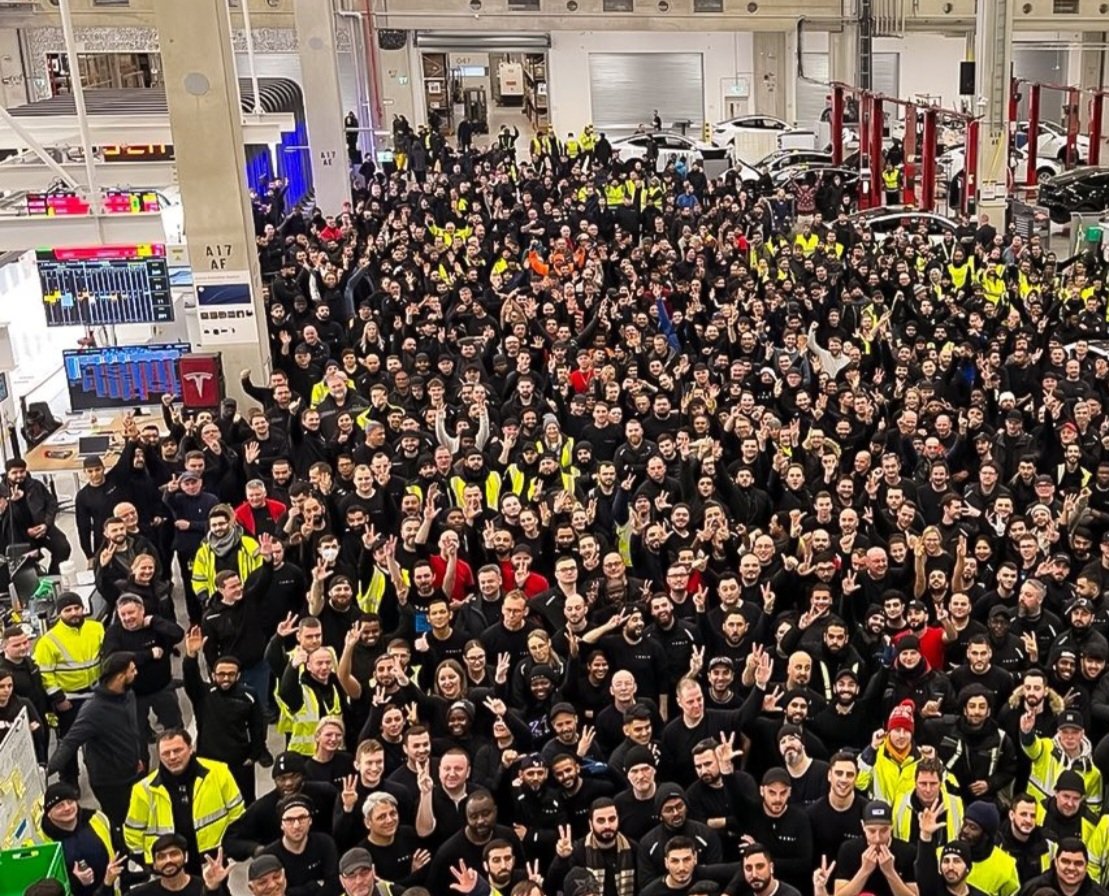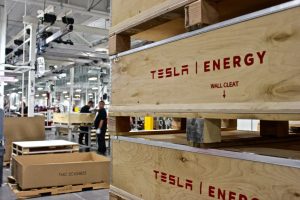Tesla Giga Berlin is reportedly nearing its “first expansion stage” level of employment, the number of employees required to reach full production at the site.
While Tesla has faced countless hurdles at its Berlin site since the company first acquired the land, perhaps one of the most substantial problems the company has faced has been hiring. The combination of being a new name in the job market and a surprising public backlash has meant the facility has consistently lacked employees to produce the maximum number of vehicles possible. But now, it finally seems like Tesla is conquering its hiring problem in Berlin as its facility approaches the number of employees necessary for full production.
According to a tweet from the unofficial Gigafactory Berlin-Brandenber Twitter account, the facility now has 8,500 employees of the 12,000 required for the “first expansion stage.”
The most recent employment growth may result in an added third production shift. Nonetheless, the added workforce has been incredibly productive. Most recently, Giga Berlin announced that it had reached a run rate of 3,000 vehicles a week, or roughly 150,000 annually. With a complete workforce, Giga Berlin would not only be able to expand vehicle production to new highs, but it could finally begin to produce other parts that could, in turn, limit the need for imports and reliance on external suppliers.
Giga Berlin’s production has become more crucial in recent months as it produces one of Europe’s most hotly demanded vehicles, the Tesla Model Y.
At the same time, Giga Berlin is also expanding its physical footprint. The facility is growing by roughly 30% via a land purchase made back in mid-2022. The new area will likely have numerous uses in the near future, such as freight/inventory area. Still, it could eventually be used for battery or expanded vehicle production operations.
The story of Giga Berlin has been one of success despite numerous hurdles, and with today’s employment achievement, that doesn’t seem to be changing. Hopefully, the facility will be able to expand production in the coming year and allow customers, particularly in Europe, to more quickly and easily transition to EVs.





